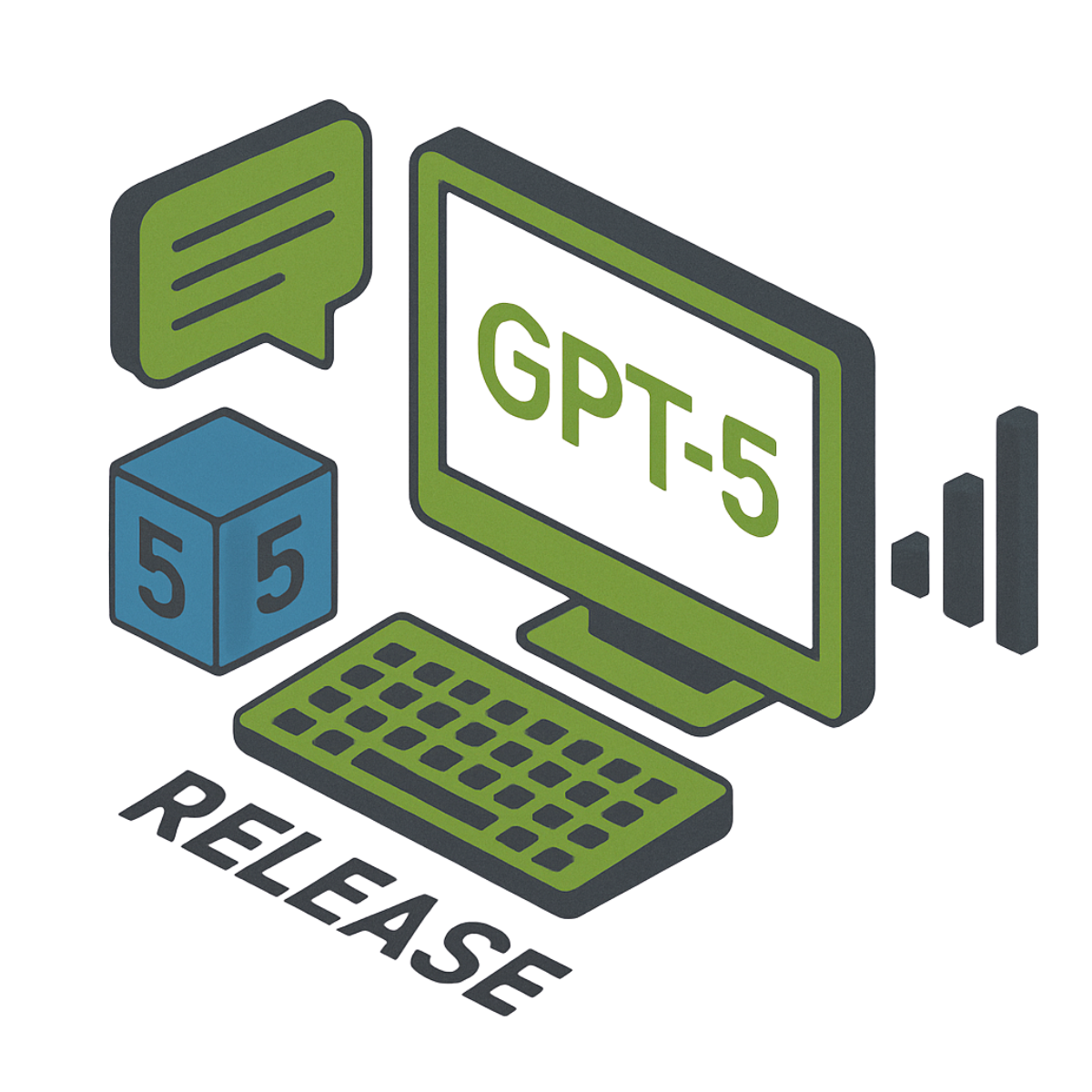Google Pushes Back: AI Search Isn’t Killing Website Traffic. . .OR IS IT?
Google's Head of Search Sparks Industry Debate On August 6, 2025, Liz Reid, Google’s Vice President and head of Google Search, addressed a growing...
3 min read
Christine Hollinden : Jul 29, 2025 10:00:00 AM

For the first time in nearly a decade, Google’s global search market share slipped under 90%. Apple confirmed that Google search volume declined for the first time in 22 years, as users shift toward AI tools like ChatGPT, Perplexity, and Gemini. AI-powered platforms are growing rapidly, siphoning off search traffic that previously defaulted to Google, especially among younger professional audiences.
Historically, firms focused exclusively on appearing on Page 1 of Google. With AI-based interfaces offering direct, conversational answers, listings buried deep on traditional Search Engine Results Pages may never surface. Your thought leadership and expert content may no longer drive traffic or visibility unless aligned with AI-native formats and AI search optimized.
AI summaries often provide complete answers without requiring clicks. This translates to reduced referral traffic, particularly concerning for firms where high-quality content underpins lead generation and credibility. While some are predicting that AI summaries will dominate in the future, we recommend that firms achieve a balance by optimizing for both standard and AI search at this time.
The Department of Justice recently won an antitrust case against Google for monopolization in open-web digital advertising markets. While the verdict is under appeal, Google remains under the microscope for monopolistic practices. With the pressure from the DOJ and AI, are we seeing cracks in Google's armor?
ChatGPT Search and OpenAI tools now serve hundreds of millions of users weekly. Nearly 40% of web visits among early AI adopters now begin in AI tools. Perplexity AI’s rise and Microsoft Copilot/Bing Chat’s growth are clear indicators that AI-powered search adoption is surging.
Visibility isn’t optional. Firms that lead with structured, conversational, authority-rich content may get cited directly in LLM-based tools. Clients and prospects are asking AI first, especially in data analysis, valuations, transaction structuring, and financial modeling. Thought-leadership content needs reformatting. AI systems favor FAQs, concise definitions, and structured guidance that match intent-based prompts.
AI Optimization / AI Integration / AI Implementation: Broader methodology to align content and services for LLM-driven discovery.
AEO (Answer Engine Optimization): The new discipline of designing content to get surfaced as direct AI responses, different from classic SEO.
LLMO (Large Language Model Optimization): Techniques to increase visibility and influence in AI-powered decision and search environments.
Breaking a decade-long monopoly: Google’s search share falling under 90% marks a structural shift. AI answers reduce ad clicks and revenue. Google’s AI Overviews are accelerating clicks away from traditional ads and links, affecting publisher models and firm visibility. Antitrust pressure is real. U.S. regulators continue to explore breaking up Google’s core business units. The narrative of unstoppable dominance is weakening rapidly.
Losing mindshare: Clients may rely on AI answers that cite public sources—your firm may not be visible unless your content is directly surfaced by AI.
Efficiency of discovery: If your articles, analyses, or deal insights aren’t in formats favored by AI tools, prospective clients might never discover your perspective.
Brand differentiation: Being visible in AI results, e.g., directly cited by an AI answer, signals authority and forward-thinking leadership.
At Hollinden, we help you increase visibility within AI-powered platforms, ensuring your content, expertise, and market insights show up in LLMO-native contexts so prospective clients find you—even when Google search isn’t writing the headlines.
Explore our AI services: hollinden.com/ai-services
For further strategic context, check out related insights on our blog: Hollinden POV › Point of View.
Q1: What should firms know about Google’s decline in search share?
A1: Google’s global search share fell below 90% for the first time since 2015, signaling weakening hegemony. AI-powered platforms like ChatGPT, Perplexity, and Microsoft Copilot are beginning to erode Google’s long-term dominance.
Q2: Why does AI search adoption matter for M&A/accounting firms?
A2: Executives and investors increasingly use AI chatbots for quick answers. If your insights aren’t optimized for AI discovery, you risk being omitted from the early stages of the prospect research journey.
Q3: How is AEO different from traditional SEO?
A3: AEO is designed to serve AI answer engines directly—it emphasizes structure, conversational tone, and intent-based delivery rather than keyword stuffing or ranking signals.
Q4: What is LLMO and why is it strategic?
A4: LLMO—Large Language Model Optimization—is about ensuring your expertise surfaces within AI-driven tools like ChatGPT, Bing Chat, and enterprise assistants. It’s becoming as important as Google visibility.
Q5: Can Hollinden help firms transition to AI-friendly content visibility?
A5: Absolutely. We support firms in adapting their visibility strategy to include LLMO/AEO, ensuring that thought leadership, expertise, and deal insights are discoverable in both traditional search and AI-powered answer environments.
The Hollinden Point of View brings you monthly insights tailored to helping you grow your firm.

Google's Head of Search Sparks Industry Debate On August 6, 2025, Liz Reid, Google’s Vice President and head of Google Search, addressed a growing...

Throughout history, each wave of technological advancement—from the assembly line to automation—has reshaped industries. Now, artificial intelligence...

OpenAI has begun rolling out GPT‑5, the most advanced version of its flagship language model, across all ChatGPT accounts. With significant...